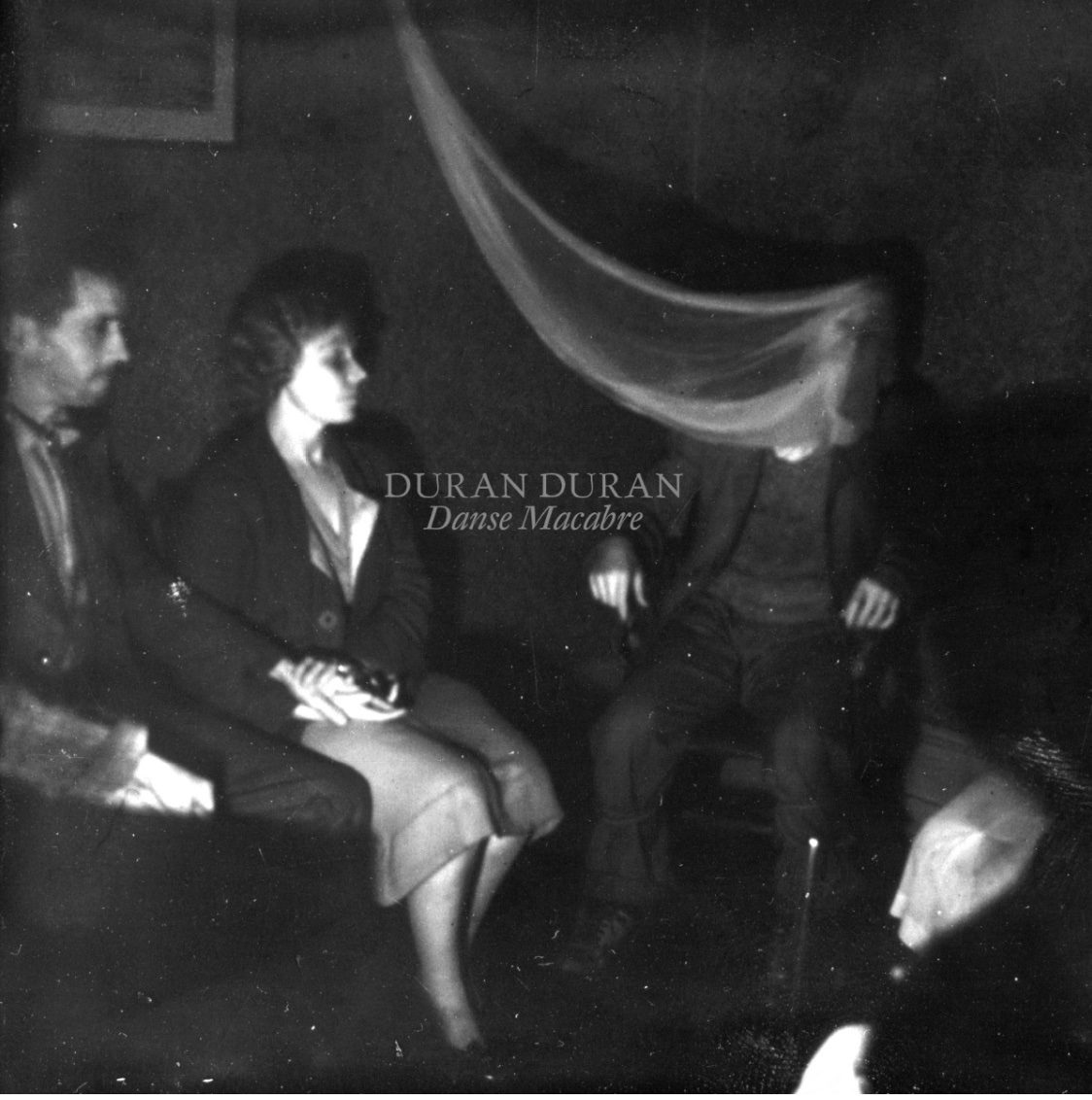Happy 35th Anniversary to Duran Duran’s Rio, originally released May 10, 1982.
On May 10th, 1982, Duran Duran released their second long player Rio. Their world―and ours―was irrevocably changed. The sensation that swept the world and propelled five English lads―Taylors John (bass guitar), Roger (drums), and Andy (guitar), along with Nick Rhodes (synthesizers, keyboards) and Simon Le Bon (vocals)―into the international public consciousness was just that, a sensation. Rio went on to become the definitive LP of the New Romantic period, the British born movement that combined post-punk salt, synth-pop style, a touch of latent disco swing and a flair for theatricality.
The platinum busting album launched four commercial singles between November 1981 and November 1982: “My Own Way” (UK #14), “Hungry Like a Wolf” (UK #5, US #3), “Save a Prayer” (UK #2, US #16) and the title track (UK #9, US #14). The corresponding music videos secured Duran Duran's legacy as visual auteurs. And, on top of monopolizing MTV and conquering the charts, there were the screaming teenage girls (and boys). Pop hysteria to be sure, but, there was more to Rio than just frenzied fans or the plentiful spread of accolades it earned.
The genius of Rio was that it was a logical step forward for a group that would show favor to modernity over nostalgia, always. But prior to the record's world dominance, it all began with Duran Duran (1981). Their eponymous debut record met success at home in Britain, whereas listeners in the United States dismissed it upon its initial launch there. Plucked from the mind of a band enthralled with the glam and art rock of Bowie and Roxy Music, they wrote (and played) with gusto. Production focus was lent to them from the departed Colin Thurston who had already tasked behind records for Magazine and The Human League.
But how to elevate themselves further from an already eclectic, competitive debut? Simple, they unleashed their collective creative imagination with no limitations. Duran Duran hunkered down to script and play on what was to become Rio. Thurston resumed production duties on the record as well.
Across its nine tracks, Rio is an upscale affair, lyrically and musically. Their rock musicianship sinew snaps and sneers on the acidic “My Own Way” and “Last Chance on a Stairway,” but conversely balances pop guile on the title track with its synaptic shattering synths, guitar and drumming patterns per Rhodes, Taylor and Taylor. This path between the refinement and nerve of pop and rock, Duran Duran repaved enthusiastically―Rhodes and Thurston's keen programming and production made this possible.
The songwriting, initially, painted opulent visions of Brazilian shores, European airshows, British dancefloors and endless New York City skylines where seductive trysts were infinite. Closer listening revealed stormier narratives underneath these pseudo-escapist songs. Nowhere was this more apparent than on the creeping gloom of “The Chauffeur” which closes the record.
But if the words compelled, it was in due part to their delivery via the unmistakable Simon Le Bon. Le Bon's range and color, equally human and alien, could transfix audiences. Not only did his singing establish him as an indisputable peer to his accomplished contemporaries Tony Hadley (of Spandau Ballet), (Boy) George O'Dowd (of Culture Club), and Martin Fry (of ABC), it made him one of the most vital vocalists in British music history.
Deeper album cuts mixed comfortably with the mammoth hits as heard on the chilly “Lonely in Your Nightmare” and the light proto-funk of “New Religion.” The latter had all three Taylors bringing buoyant rhythm to the Duran Duran sound. The song was a harbinger for the steamier funk Duran Duran served up with their groovy Notorious LP four years later.
Separate from its cultural spectacle, Rio was, and is, a masterpiece. And it would not be their last. But Rio was undoubtedly the first of many turning points that proved Duran Duran's resolute devotion to the art of the nouveau in their discography.
Courtesy Albumism
